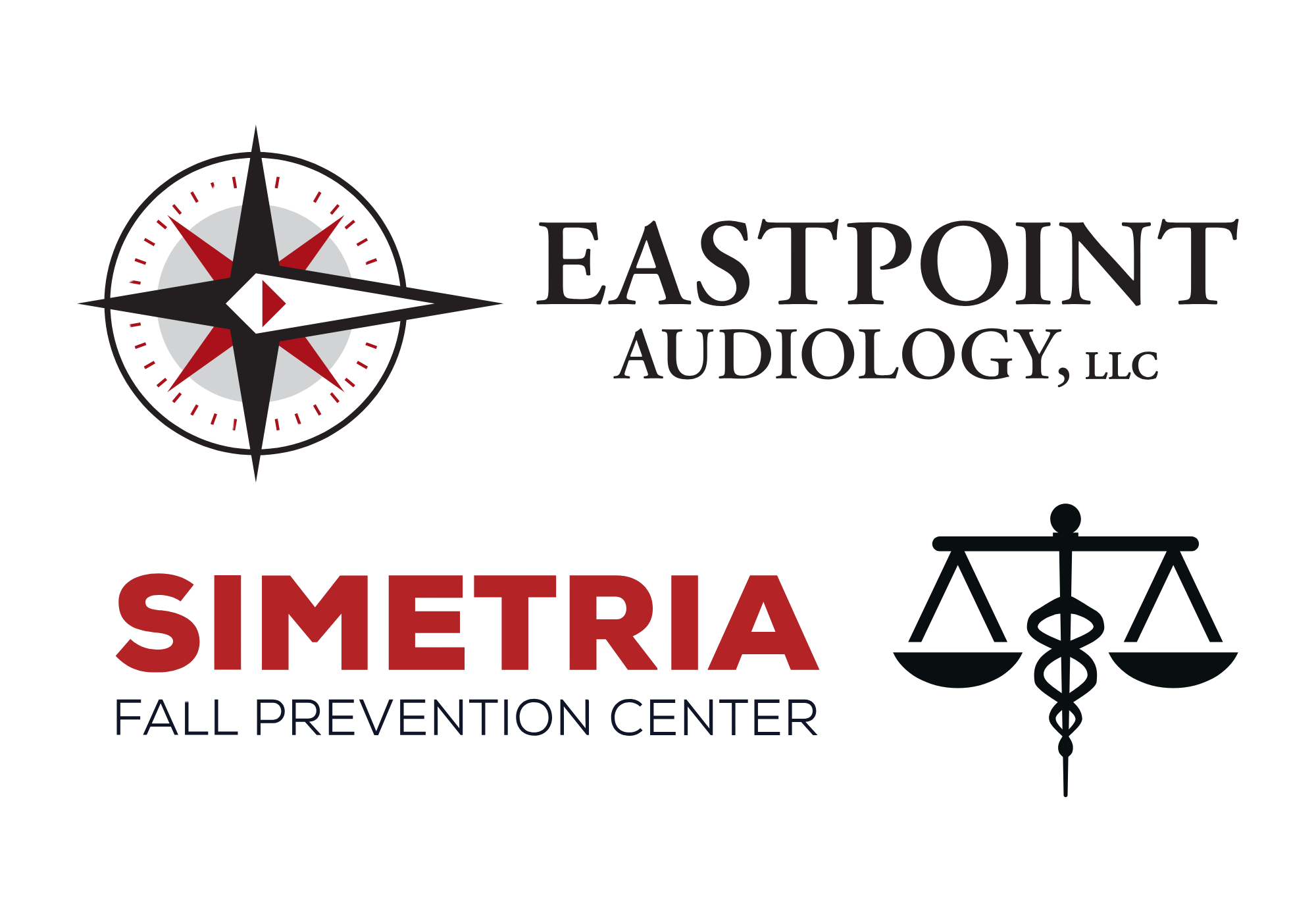
What if protecting your hearing could also aid maintaining your recollection?
This discovery stems from investigation utilizing long-term data collected by the Framingham Heart Study. Compared to people who don’t address hearing loss, the data indicates that adults who utilize hearing aids before age 70 may see a marked reduction in their risk of dementia, up to 61 percent.
The powerful evidence bolsters what hearing care clinicians have understood for years: Treating hearing loss reaches beyond simply making conversations clearer. Crucially, it may also hold a key to maintaining cognitive function over the years to come.
The influence of hearing loss on dementia
Although hearing loss is often viewed as primarily an ear issue, it actually affects the brain just as profoundly. A decline in hearing compels the brain to expend extra energy to make up for the information it lacks. In turn, that mental strain can divert resources away from memory, focus, and other key cognitive processes.
Additionally, social factors play a contributory element. When hearing loss is not treated, individuals often withdraw from relationships, group activities, and social engagement. A well-documented risk factor for both cognitive decline and dementia is social isolation.
In the long run, hearing aids may uphold healthy brain function by reducing the brain’s cognitive load and keeping the auditory pathways active.
Timing Matters: The Essential Window
A core finding was the importance of timing; when one begins using hearing aids is pivotal.
There was a substantially lower risk of dementia for adults who started making use of them before the age of 70. But for individuals who procrastinated until 70 or older, the protective effect disappeared.
This suggests there might be a critical window for treating hearing loss– one in which the most significant brain-health advantages are attainable. The message is obvious: Don’t delay until hearing loss becomes extreme before taking proactive measures.
A Modifiable Risk Factor You Can Influence
The effects of dementia reach beyond memory, affecting independence, communication, decision-making, and daily functioning. Because hearing loss is a variable you can alter, it is a modifiable risk factor for dementia, unlike fixed aspects like genetics or age. This means you have the ability to act now to lessen the impact on your future well-being.
Addressing hearing loss early isn’t only about reducing the possibility of dementia. It also helps maintain social relationships, independence, and quality of life– all of which are essential for long-term mental well-being. By safeguarding your auditory health today, you potentially preserve what you cherish most in the future.
Preventative Hearing Care Yields a Difference
Even mild hearing loss can influence your brain and total health. Routine care should include hearing evaluations, treating them the same as regular blood pressure checks, dental appointments, and eye exams.
Modern hearing aids are discreet, powerful, and customized to your individual requirements. Beyond simply amplifying sound, they assist in keeping your relationships strong, your brain agile, and your connection to the world intact.
Fortify Your Brain by Addressing Your Hearing
The data is clear: Hearing health is brain health. By addressing hearing loss earlier in life, you may be doing more than bettering how well you hear. You may also be safeguarding your memory, focus, and independence for years to come.
To bolster your hearing and your mental health over time, hearing care professionals offer the latest hearing aid technology and auditory evaluations. If you’ve noticed changes in your hearing– or if loved ones have brought it to your attention– it may be time to schedule an appointment with our hearing specialists.
Don’t delay. Taking action now is one of the simplest, most effective ways to invest in your future well-being.
